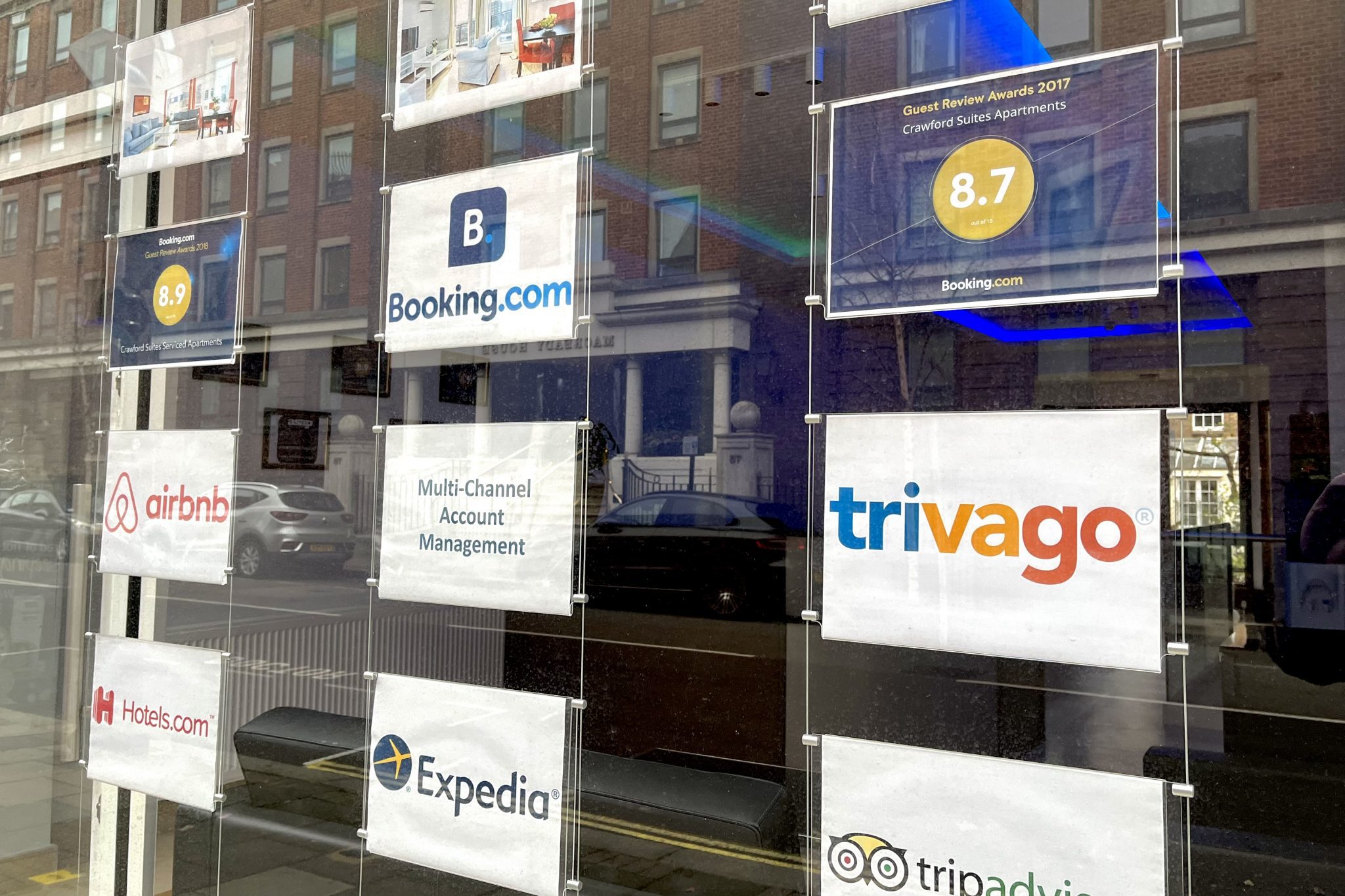Trivago Gets Harsh Reminder of Google Ads' Power

Skift Take

Skift Daily Briefing Podcast
Listen to the day’s top travel stories in under four minutes every weekday.Good morning from Skift. It’s Thursday, August 3. Here’s what you need to know about the business of travel today.
Listen Now
🎧 Subscribe
Apple Podcasts | Spotify | Overcast | Google Podcasts | Amazon Podcasts
Episode Notes
Trivago opted not to join the advertising unit that Google launched in May to attract hotel bookings. That decision contributed to the online travel agency’s disappointing second quarter performance, reports Executive Editor Dennis Schaal.
Schaal writes that Trivago’s absence in the new unit — unlike rivals such as Booking.com, Priceline and Expedia — negatively impacted its second quarter financial results. Trivago’s revenue fell 14% from the previous year. Trivago Chief Financial Officer Matthias Tillmann said on Wednesday it decided not to participate in Google’s property promotions ads because they are a part of Google hotel ads, which don’t perform well for Trivago.
Next, the chief technology officer of travel technology firm Sabre stepped down last month, a departure that coincides with other major job cuts and changes in leadership, writes Travel Technology Reporter Justin Dawes.
Dawes reported that David Moore left Sabre last month after seven years with the company. The change comes as Sabre continues its biggest tech transformation ever, namely its transition to Google Cloud, which is expected to be completed by the beginning of 2025.
Finally, Allegiant Air successfully rode its strategy of mostly flying on specific days [Access for Skift Pro and Airline Weekly subscribers only] and to its most popular destinations to a strong second quarter, reports Edward Russell, editor of Airline Weekly, a Skift publication.
The Las Vegas-based discount carrier saw revenue increase 9% in the second quarter from last year. It also reported a $133 million operating profit. Russell writes Allegiant is unique among U.S. airlines in that it typically only flies on peak days, an approach that has helped it profitably serve many U.S. smaller and medium-sized cities.
Russell adds that Allegiant’s rivals are taking steps to emulate its success. Southwest, Frontier and JetBlue have all unveiled plans to reduce flying on off-peak days.





